Calculus
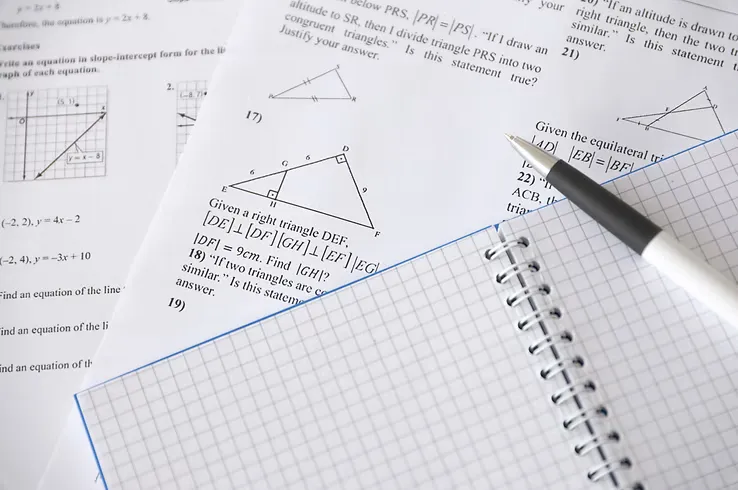
Limits
Understanding the concept of limits and evaluating limits of functions as they approach certain values or infinity. This forms the foundation for many calculus concepts.

Differentiation
Calculating derivatives to determine the rate of change of a function at a given point. This includes techniques such as the power rule, product rule, quotient rule, chain rule, and implicit differentiation.

Applications of Differentiation
Applying differentiation to solve real-world problems, including optimization, related rates, and curve sketching. This involves finding maximum and minimum values, determining velocity and acceleration, and analyzing the behavior of functions.
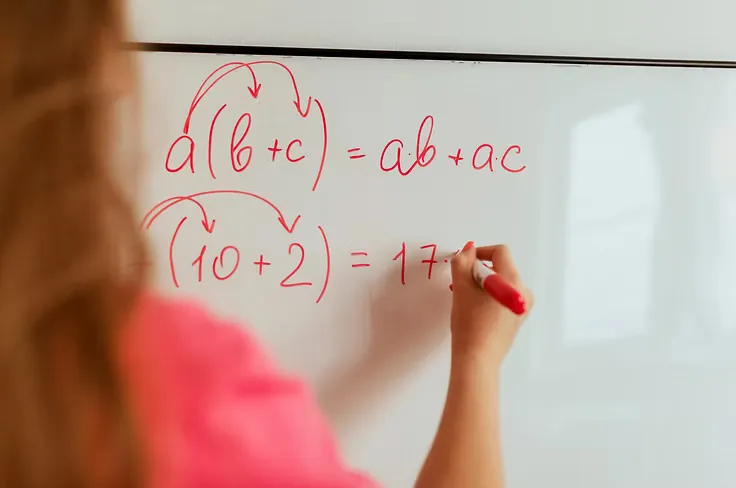
Integration
Calculating definite and indefinite integrals to find the area under a curve or to determine the original function from its derivative. This includes techniques such as substitution, integration by parts, and trigonometric substitutions.
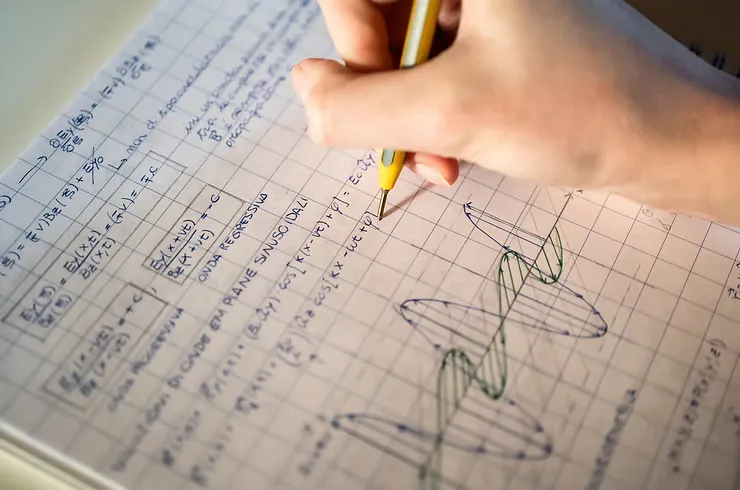
Applications of Integration
Using integration to solve problems related to area, volume, work, and other applications. This involves finding areas between curves, calculating volumes of solids of revolution, and solving related problems in physics and engineering

Differential Equations
Studying ordinary differential equations and their solutions. This includes solving first-order differential equations, homogeneous and non-homogeneous equations, and using techniques such as separation of variables and integrating factors.
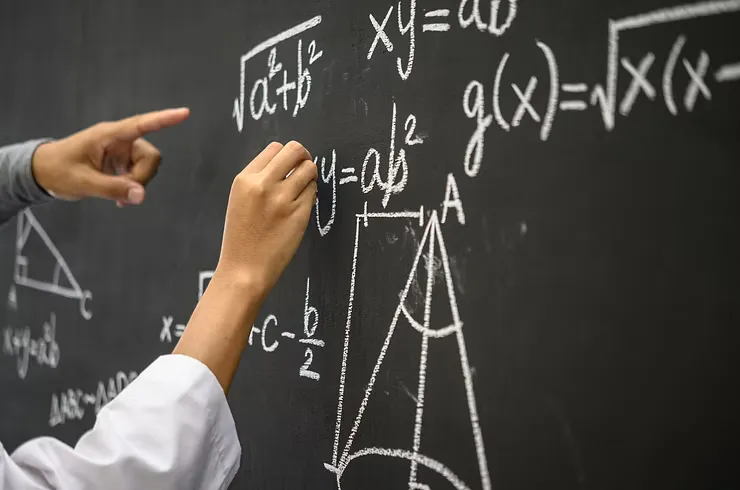
Sequences and Series
Analyzing the behavior and convergence of sequences and series. This includes arithmetic and geometric sequences, infinite series, tests for convergence, and power series.

Multivariable Calculus
Extending calculus concepts to functions of multiple variables. This includes partial derivatives, gradients, multiple integrals, line integrals, and surface integrals.
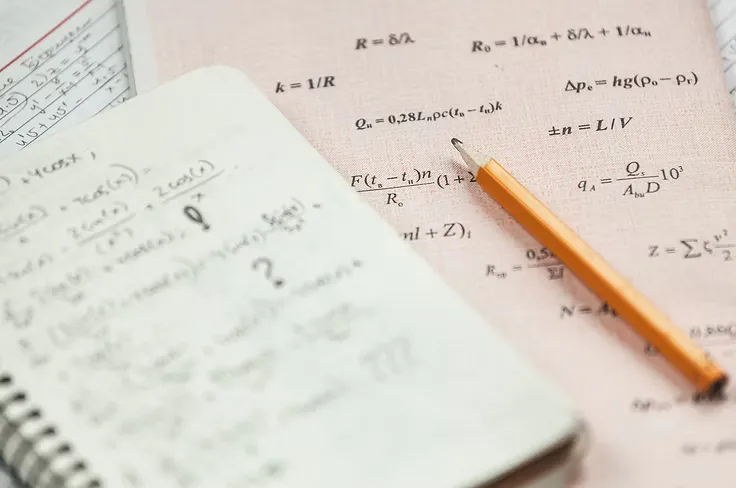
Vector Calculus
Applying calculus techniques to vector fields and vector-valued functions. This includes concepts such as vector derivatives, divergence, curl, and Green's theorem, among others
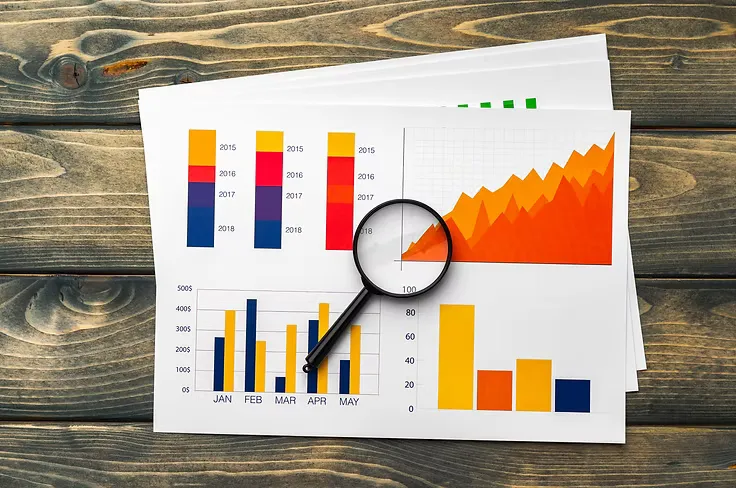
Differential Calculus of Functions of Several Variables
Differential Calculus of Functions of Several Variables: Extending differentiation to functions with multiple variables. This includes partial derivatives, directional derivatives, and the chain rule for functions of several variables.

Teachers with rich practical knowledge coupled with excellent academic backgrounds are available to shape your child’s future.
COMPANY
Help and support
CUSTOMER CARE
© Copyright 2025 Agamverse All Rights Reserved.
